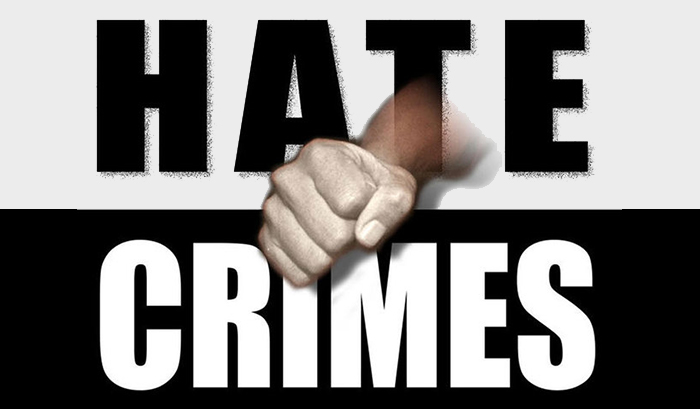[img]872|left|Albert Vera||no_popup[/img]Over the years, I spent more time with Albert Vera in his matchbox-sized office than at the end of the counter at Sorrento Italian Market, where he typically conducted business. The office was where the real business was done, and it could accommodate many more people than two as long as your lap, or somebody’s, was available.
When he closed the door, he was not to be disturbed unless the store was afire. I was going to say “his beloved store.” But isn’t there a maximum number of “beloveds” a man can claim in his life?
The last time we met provided a fitting coda to our relationship that played out like peanut butter, and I don’t mean the smooth, creamy kind.
Thirteen months ago today when my father died, one of the first condolence calls came from Mr. Vera. He would telephone periodically. (Don’t ask about him and emails. That was far too technological.)
Late last winter or early in the spring, out of the blue, as most of his calls were, Mr. Vera telephoned. I suggested sitting down to do a catch-up story. At the appointed hour, I arrived at the store.
Something unidentifiable did not feel right.
We stepped into his office. You can see by the photo, it was permanently, hopelessly cluttered, which probably bonded us.
Simultaneously with his first words about his seriously ill wife Ursula, he teared up and broke down. I excused myself, and never saw him again.
Different Times
When he was on the City Council, I was in his store almost as much as he was — always accessible, no exceptions, and consistently the most quotable member of the Council. In 99 percent of cases, I walked in unannounced. He made himself available immediately.
I will address the 1 percent in a moment.
Returning to our last meeting, after he left office four years ago, our visits became sporadic. Part of the explanation is that when elected officials leave, they are typically less newsworthy.
Mr. Vera was definitely not. There was a series of family brushes with the law, tragedy and a much-publicized lawsuit involving a police officer. Only in a most arcane sense did Mr. Vera lose the lawsuit. The lawyers in the case skirted Mr. Vera so delicately you would have thought he was a landmine. Here was a Vera-flavored story whose true dimensions never have come close to being told publicly.
A Face in the Crowd
For all of Mr. Vera’s wonderful qualities — and the dark ones, too — it amazed me then and now how many people feared him, especially journalists, who traditionally genuflected. Plenty respected him, plenty more loved him like a father or brother. But no one I ever heard of tangled with Mr. Vera financially and came away in more than second place.
He was more opaque than anyone I have met. I know more and less about him than when we met a decade ago. He had an intriguing, complicated relationship with the police and fire departments, which must be a major storyline when his biography is written.
Each flirtation by Mr. Vera or a relative with the outer dimensions of the law was reported in this newspaper for a single professional reason. The Veras are the most prominent family in the community. When they sneeze, it is news. When an allegation is raised against them, it is news.
For the last year and a half, America has seen how immaturely touchy President Obama publicly becomes when incidental, distant criticism is raised against him. This is not uncommon among immature public figures, which certainly includes persons in Culver City.
Mr. Vera, emphatically, was neither immature nor thin-skinned about printed criticism.
I do not recall which of the numerous or long-running skirmishes with the law, or family tragedies, had occurred shortly before a major gathering in the courtyard of City Hall. I had written a tough story, as I believe all of them were.
Quickly spotted in the crowd was Mr. Vera. Smiling. Gingerly, probably slowly, I walked toward him. Firmly, we shook hands. He could have been my older brother or uncle, he was that affectionate. Every time we were together. No exceptions. That is evidence of a strong, admirable character, which undeniably was pockmarked. (The only persons I have known with virginal character have been the women to whom I formerly and formally was married.)
Since he held sturdy opinions on all that swirled about him, the next day’s story about his viewpoint was widely discussed.
Mr. Vera and I could not have been related because he always addressed me as “Mr. Noonan” and I always called him “Albert.”
Fascinatingly, our friendship was marred by one incident.
(To be concluded Monday)







